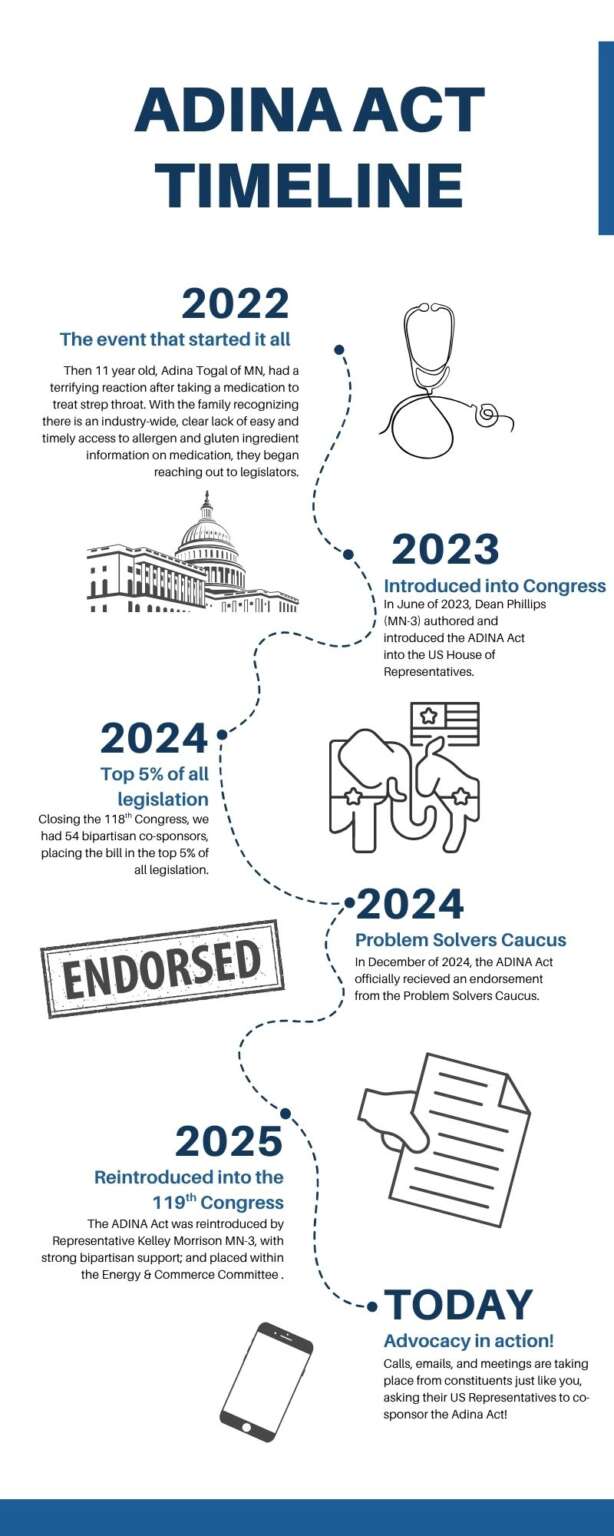
🏛️ THE LEGISLATIVE PROCESS | NEXT STEPS
Referral to a Subcommittee
- The full committee leadership assigns the bill to the Subcommittee on Health, which handles legislation related to the FDA, medications, and health system transparency.
- Subcommittee staff (both majority and minority) review the bill and decide whether to hold a hearing or markup.
Hearing(s) – Optional but Strategic
A hearing is not guaranteed—but if granted, it becomes a critical public spotlight for the bill.
Purpose: To educate members of Congress, the press, and the public on why the issue matters.
Structure: Several witnesses testify, including:
- FDA representatives or expert health officials
- Medical organizations
- Patient/family representatives
- Industry stakeholders (e.g., pharma or pharmacy reps)
Format: Each witness gives a short statement, then faces Q&A from members of Congress.
🎯 Strategy: If the Health Subcommittee hosts a hearing on broader health transparency or medication labeling, this is where you push to be included. A full hearing just on ADINA is less likely, but still possible.
Markup (Committee Action)
- The subcommittee or full committee reviews the bill section by section.
- Members can offer amendments
- After debate, the committee votes to either:
Report the bill favorably (send it to the full House with or without changes)
Table or stall the bill
This is the most critical pre-floor step.
🔥 Advocates will need to be highly active here—countering any opposition, sharing patient impact, and ensuring the bill language is airtight.
